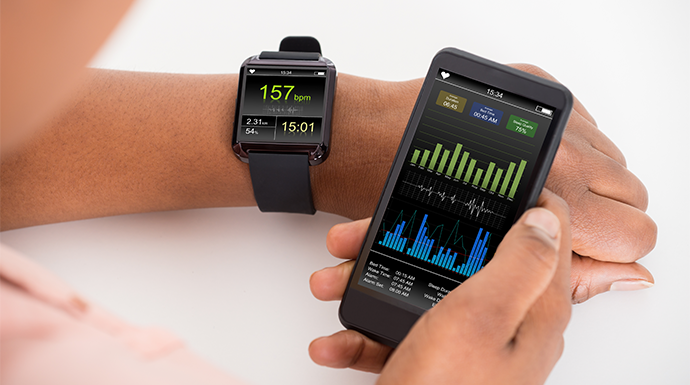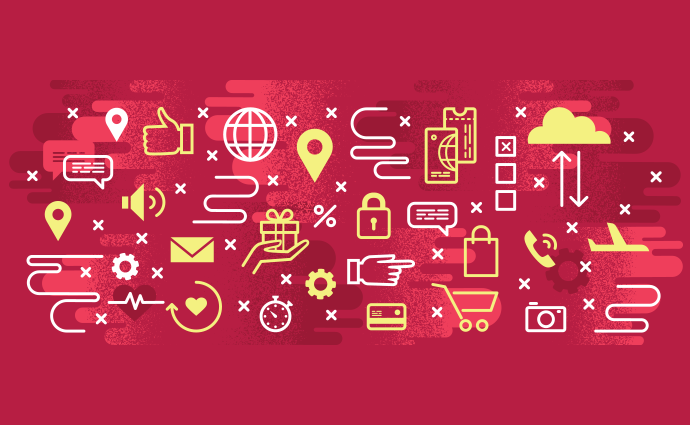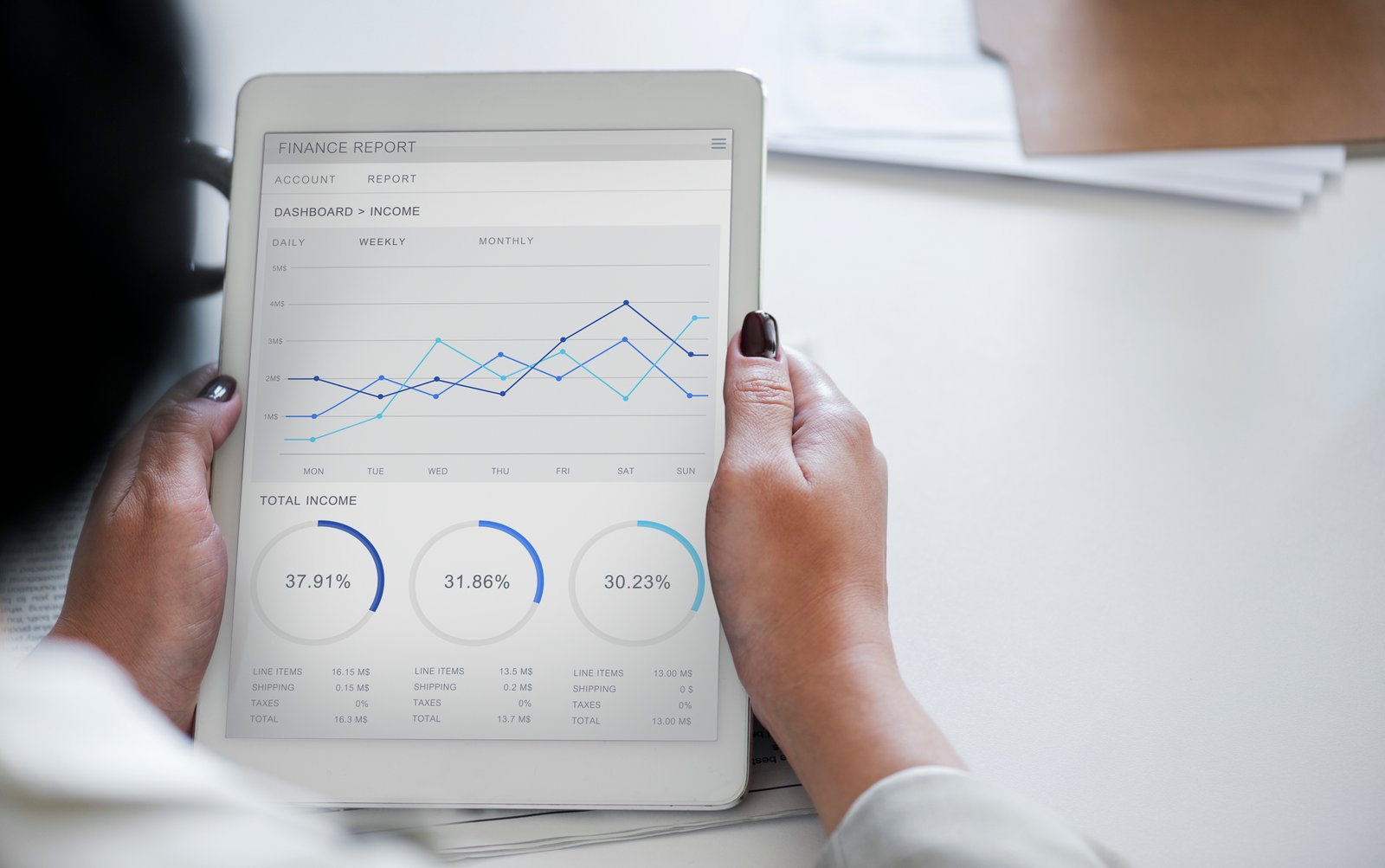SPONSOR: CardioComm Solutions (EKG: TSX-V) – The heartbeat of cardiovascular medicine and telemedicine. Patented systems enable medical professionals, patients, and other healthcare professionals, clinics, hospitals and call centres to access and manage patient information in a secure and reliable environment.

———————-
Mhealth Market Value to Reach USD 152.2 Billion by 2026
- Global mHealth market is expected to rise at an impressive 26.1% CAGR between 2018 and 2026
LOS ANGELES, Nov. 7, 2019 — With digitization successfully penetrating in the healthcare sector, the global mHealth market is expected to rise at an impressive 26.1% CAGR between 2018 and 2026, finds Acumen Research and Consulting in a report, titled “mHealth Market (By Services – Connected Sensors [Inhaler Sensors, Injection Sensors], Integrated Connected Devices [ Integrated Inhaler, Integrated Injection];By Technology – Bluetooth, NFC, Other Technologies (Cellular, Low Power Wide Area Network); By Participants – Healthcare Providers, Homecare Centers) – Global Industry Size, Share, Trends and Forecast 2018 – 2026”.
Rising Demand for Digital Health Technologies to Boost Growth
It is important to note that mHealth is one of the most widely adopted digital health technologies across the world. In fact the market is predicted to exhibit a double-digit growth during the course of the report’s forecast period. Factors such as the rising internet penetration and increasing incidence of chronic ailments such as diabetes and cardiovascular diseases will support the mHealth market growth in the coming years. Considering this, the rising demand for smartphones and improving accessibility to digital technologies will prove a boon to the market.
As per the statistics published in one of the recent studies conducted by GSM Association, the number of users connected via mobile services surpassed five billion in 2017. Furthermore, the pool of unique mobile subscribers is likely to exponentially rise, reaching 5.9 billion by the end of 2025. This coupled with funding towards mHealth start-ups and skyrocketing demand for preventive healthcare will boost the market in the near future.
Government Support Expected to Encourage Growth in Coming Years
In addition to the penetration of digital technologies, government support to encourage digitization in healthcare sector will bode well for the overall market. Besides this, economic factors such as the rising geriatric population, increasing prevalence of chronic ailments, and increasing willingness to spend on advanced healthcare will boost the global mHealth market in the coming years.
In order to provide in-depth study, the report segments the global market in terms of three main parameters. These include region, service, and participants. In terms of service, the global mHealth market can be segmented into diagnosis services, monitoring services, services to strengthen healthcare systems and others. The monitoring services segment can be further classified into chronic disease management, independent aging solutions, and post-acute care services. The report offers detailed information on the drivers and restraints impacting the growth of this market across each of the aforementioned segments.
Growth in Europe Likely to Be Supported by High Adoption of Latest Technologies
In terms of participant, the mHealth market can be segmented into content players, mobile operators, device vendors, and healthcare providers. Regionally, the global mHealth market can be segmented into Asia Pacific, Europe, North America, the Middle East and Africa, and Latin America. According to the report, in 2018 Europe held the largest portion of the overall mHealth market share in terms of revenue. It is also expected to remain dominant over the course of the forecast period. The region shows a high adoption of latest technologies in healthcare. This coupled with the rising per capital healthcare expenditure, rising incidence of chronic ailments, and the increasing geriatric population will support the mHealth market growth in the region.
Read full report here: https://www.benzinga.com/pressreleases/19/11/n14758299/mhealth-market-value-to-reach-usd-152-2-billion-by-2026





